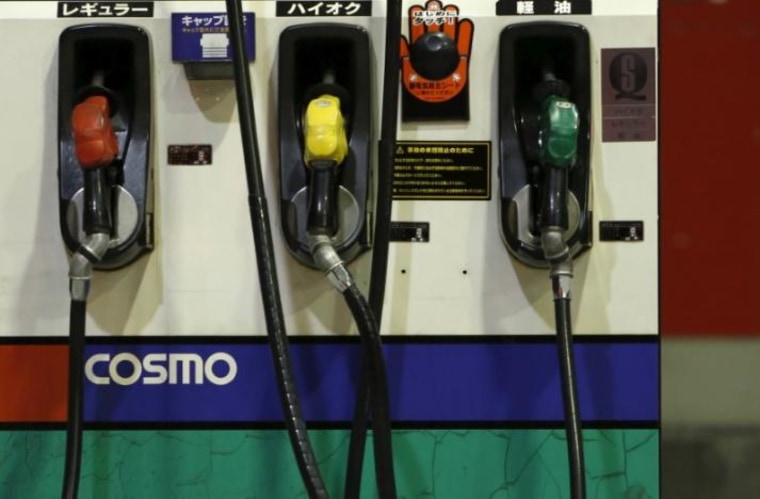Oil prices rose on Tuesday to their highest this month as a growing consensus emerged in the market that OPEC would overcome internal disputes and skepticism to strike a deal that materially reduces crude output.
But some warned a failure by the Organization of the Petroleum Exporting Countries to reach agreement at a November 30 meeting, or effectively implement it, would send prices crashing as a two-year glut of crude remained unabated.

Brent crude oil futures were up 85 cents a barrel at $49.75 Tuesday morning, having earlier risen $1 in a push against the $50 mark for the first time since the end of October.
U.S. West Texas Intermediate (WTI) crude futures were up 68 cents, or 1.4 percent, at $48.92 a barrel.
Prices were boosted by comments from a Nigerian official attending an OPEC technical meeting, which is trying to hammer out details of a deal, that it was likely all countries would be "on board" by the end of Tuesday.
OPEC is trying to bring its 14 member states, including regional foes Saudi Arabia and Iran, and non-OPEC producer Russia to agree on a coordinated cut to prop up the market by bringing production into line with consumption.
The organization had said at the end of September it aimed to cut production to between 32.5 million and 33 million barrels per day compared to its recent record output of around 33.8 million bpd.
Since then, doubts weighed over whether Saudi Arabia and Iran could put their geopolitical disputes aside and whether countries whose finances are in dire straits due to low oil prices would resist the urge to pump crude at high rates.
Analysts at RBC said they believed a deal would be reached.
"Our view is primarily based on the belief that the single most important country in OPEC, Saudi Arabia, wants it, and that the ability of a number of suspected cheaters to cheat is constrained," they said in a note.
While a ceiling for overall OPEC production may be agreed by Nov. 30, it is unclear whether clear quotas per member state would be set. Some countries, such as Nigeria, Iraq, Libya and Iran, argue they should be exempt because their output has been hit by conflict or sanctions.